Featured Essays

The Growing Gap Between Purpose and Discernment
We are not facing a collapse of meaning, but a growing gap between purpose and discernment. As computational power accelerates action faster than ethical habits can keep pace, disorientation hardens into resentment or withdrawal. This essay reframes our moment as a problem of tempo—and offers practical disciplines for learning to judge consequences in motion.

Practice: Discerning Accursed Shares
A practice of time that focuses on discerning how good intentions can create excessive energies that outrun good intentions. We live in a world where consequences spread faster than we can assess or predict. Learning to discern accursed shares as they happen will help us better navigate our growing power.

Practice: Ressentiment Check
Ressentiment is not a psychological weakness or a moral flaw. It is a signal that judgment has outrun discernment. This practice offers a way to notice when critique hardens into condemnation, suspend withdrawal that feels like moral clarity, and reopen ethical engagement in a world moving faster than inherited values can keep pace.
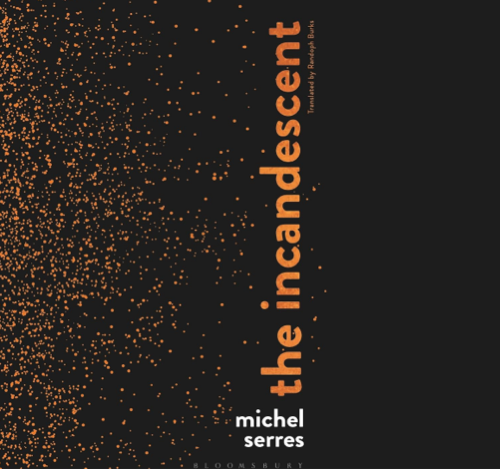
Exo-Darwinism and the Compression of Time in Michel Serres’ The Incandescent
Modern technology does more than accelerate life—it reshapes how time itself is experienced. Drawing on Michel Serres’ reflections in The Incandescent, this essay explores how intention, speed, and exo-Darwinism compress the past into background, turning history into a resource rather than a place we still inhabit.
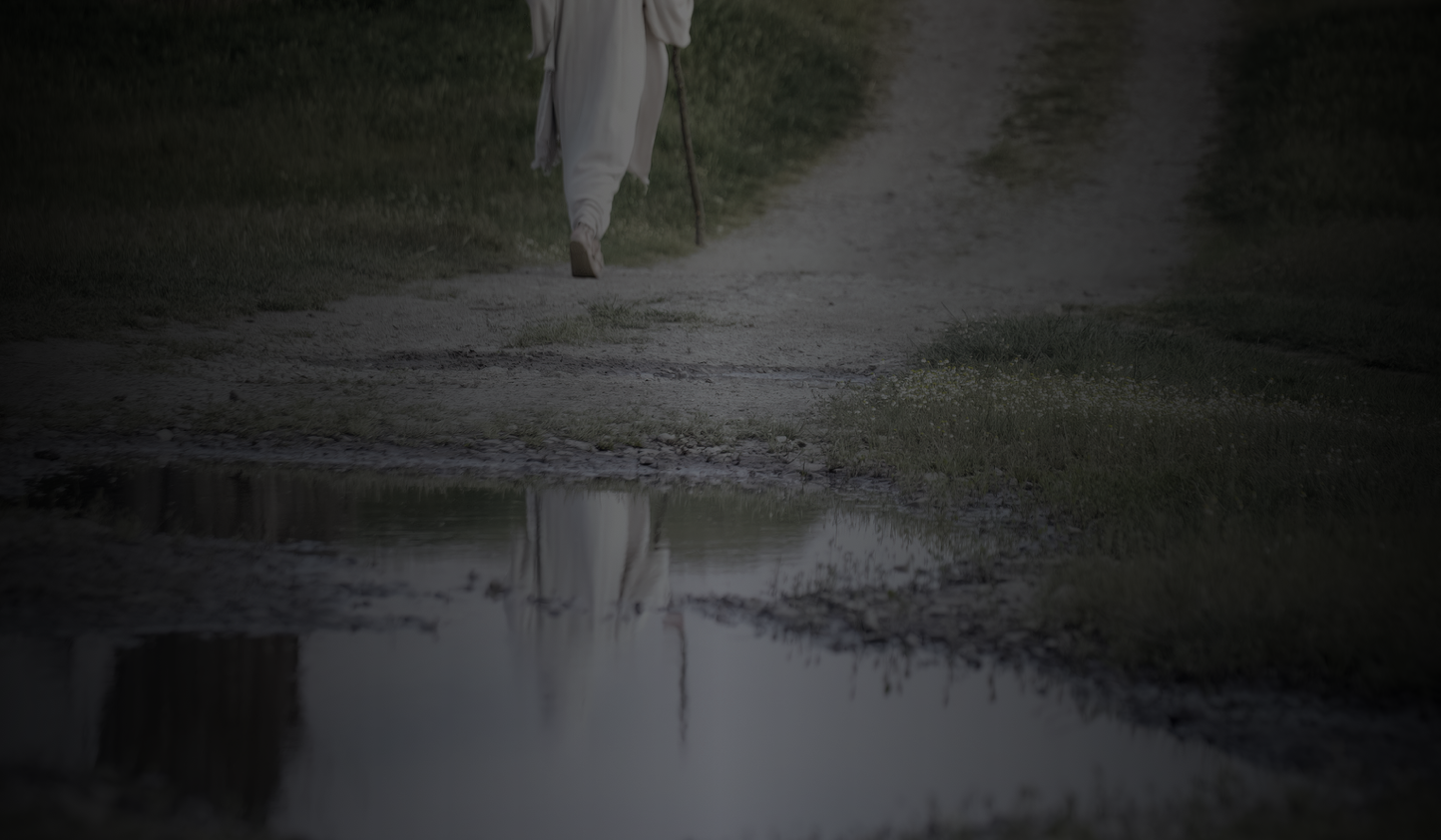
Practice: Repentance or Metanoia?
Metanoia is not repentance by another name. It is an orientation to time that delays meaning, resists judgment, and learns by moving forward. Drawing on Mark’s Gospel, this practice explores how patience, listening, and restraint can open a different experience of the future—one not governed by ressentiment or premature certainty.

A Crisis of Purpose: Panurgy in Michel Serres’ L’Incandescent
Michel Serres names our moment a crisis of purpose rather than meaning. In L’Incandescent, he calls it panurgy: the human power to act at the scale of the world itself. As computation accelerates and intelligence becomes a wager, fate gives way to responsibility—and purpose outruns its bearings.

Fate, Computation, Purpose
What if our moment is not a crisis of meaning, but a crisis of purpose—one born from the ability to compute the future faster than the values meant to guide it?
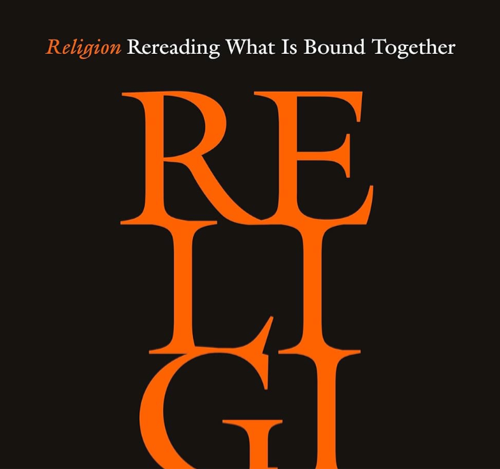
Energy and Epiphany in the Later Works of Michel Serres
A brief reflection on Michel Serres’ understanding of our ongoing power to expand our understanding and harnessing of energy to overcome fate and destiny. He re-reads the experience of religion in this context.

Practice: The Origins of Life
What happens to our sense of time when we stare into the origins of life? This practice invites contemplation of emergence, contingency, and delayed order—where meaning, purpose, and consciousness have not yet arrived, and nothing is guaranteed.
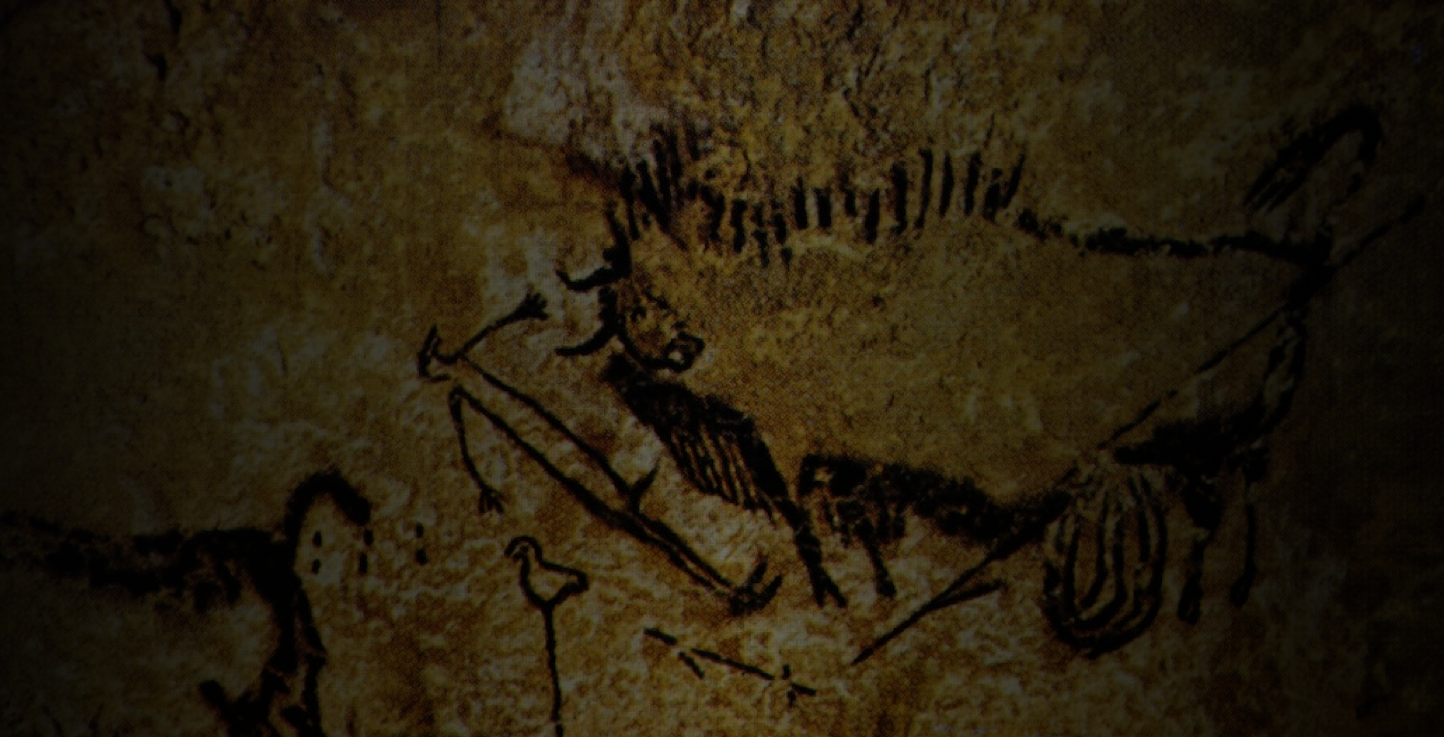
Practice: Deep Dives
Deep dives are not about finishing books—they are about letting difficult ideas change how you experience time. This practice explores how sustained engagement with science, history, and philosophy can stretch certainty and widen the horizon of experience.
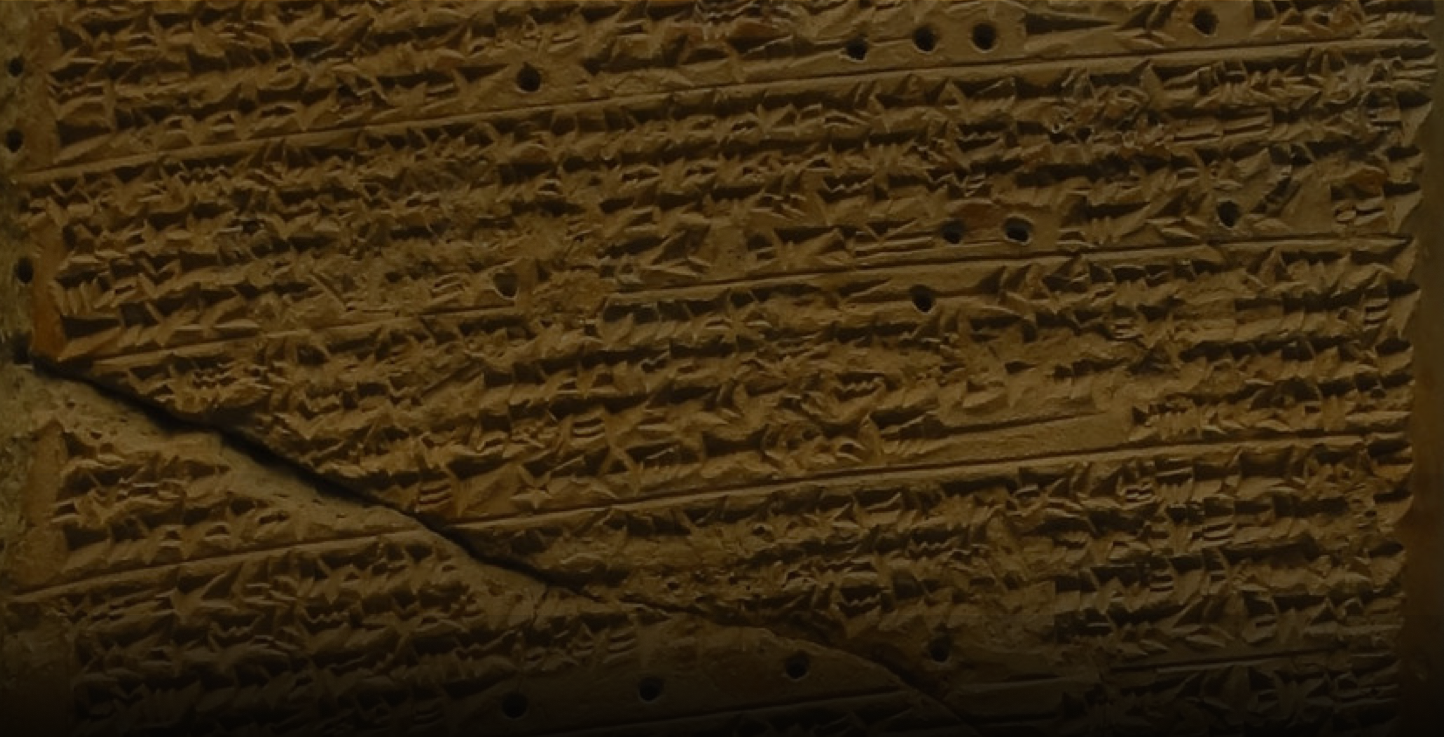
Out-Computing the Gods
This essay examines how the discovery of computation transformed humanity’s relationship to fate. Beginning with Babylonian astronomy, it shows how early techniques of prediction turned omens into foresight, allowing humans to anticipate and intervene in processes once attributed to the gods.

Reading The Incandescent: Human Scale and Accursed Shares
This essay reads Michel Serres’s The Incandescent as an argument that modern ethics must be extended, not replaced, to meet the speed and scale of global, computational human activity. Drawing on accursed shares, Pan, and traditions of impulse control from Stoicism and Christianity, it shows how moral life today depends on individual refusals of violence that dissipate harm locally even as consequences propagate globally.

Inventing Behavior After the Neolithic: Michel Serres and the Moral Problem of Auto-Evolution
This essay introduces Michel Serres’ late philosophy by emphasizing its moral core rather than its metaphysics. Drawing on The Incandescent and le Grand Récit, it explores auto-evolution, violence, and the challenge of inventing moral orientation after the Neolithic age.

Fate, Computation and the End of Christian Time
This brief essay traces how Enlightenment calculation reshaped humanity’s experience of time, fate, and foresight—from biblical chronology to geological deep time and modern predictive control. Rather than condemning the Enlightenment, it argues for renewing its legacy by learning how to live responsibly within the futures we now help to compute.

Michel Serres: The Synthetic Experience of Religion
This essay offers an accessible introduction to Michel Serres’s philosophy through his final book Religion. It explains how concepts like clinamen, emptiness, and navigation help us understand responsibility, violence, and meaning in modern life.

The Cave Paintings of Tito Bustillo
Reflections on my May 2025 visit to the caves of Tito Bustillo in Spain’s Asturias region.

The Return of Fate
The more we have sought to bring nature’s processes under our control, the more we live within a lack of control.

Saving the Phenomenon: Panchrone, Assembly Theory and Thinking in Time
A brief exploration of how theoretical physicists such as Lee Smolin and Sara Imari Walker are not only rethinking time but changing our capacity for experience.

Cultivating Purpose and Discernment in a Computational World
Reflections on how ill-prepared our traditional moralities are for the world in which we live. The speed and spread of computational power is forcing a revaluation of values that we are not equipped to handle.

Juvenescence - Robert Pogue Harrison
An essay on the experience of heterochronic time in our turbulent age. Harrison offers his characteristically unique take on heterchronic time and humanity’s ability to remain youthful while we age.
Follow these essays
You can follow by email, RSS, or in Feedly.



